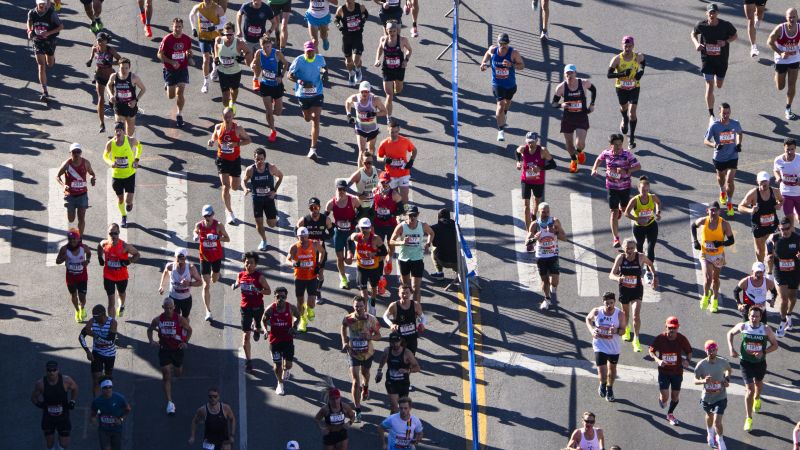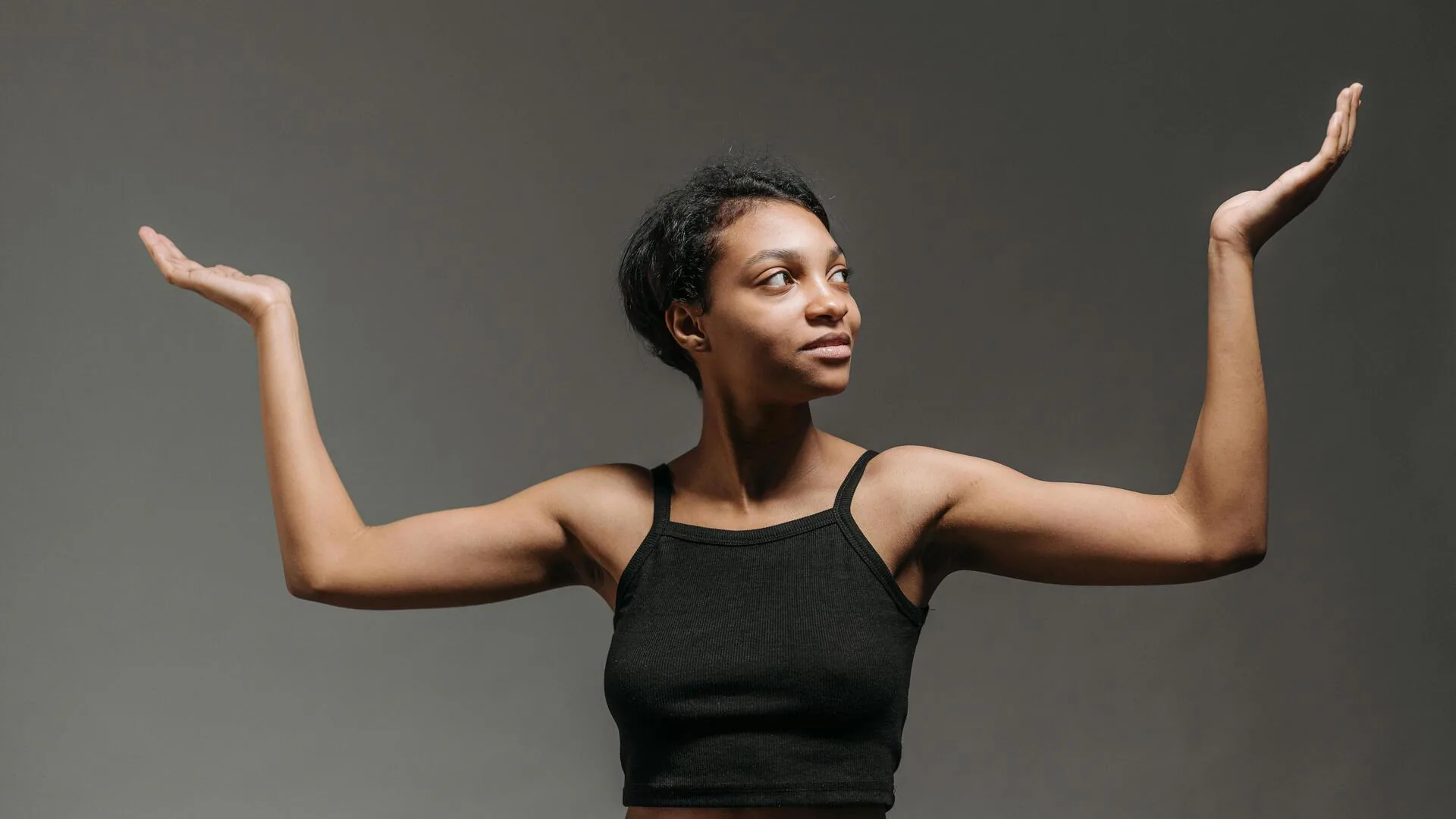Copyright Cable News Network

Runners already face a daunting challenge when they line up at the start of a marathon, but they might increasingly find themselves with another obstacle to reckon with: global warming. A new study claims that rising temperatures around the world will make it harder for elite athletes to break the marathon world record, or for recreational runners to hit their target times. Of the 221 races analyzed in the report from Climate Central released last week, 86% of them are less likely to have optimal racing conditions for runners by 2045. That includes last Sunday’s New York City Marathon and the other six major marathons around the world — London, Berlin, Tokyo, Chicago, Boston, and Sydney. For runners, the consequences of running in hot conditions can be extreme. “We’ve seen time and time again where athletes are passing out from dehydration and heat exhaustion during races and taking months to recover,” Scottish distance runner Mhairi Maclennan told CNN Sports. “It has really significant impacts on the thickness of your blood, on how quickly your body is able to recover, on your hydration levels for days, and also your ability to train after that kind of experience, which can then delay other achievements and goals that you’re pursuing.” According to the study, the optimal temperature for elite male marathon runners is 39 degrees Fahrenheit (4 degrees Celsius) and 48 degrees F (9 degrees Celsius) for elite women. This year, the Tokyo Marathon had a 69% chance of optimal race day temperatures for elite men, per the study, but those odds are expected to fall to 57% in 20 years. The Boston Marathon’s odds are expected to drop from 61% to 53% for the same category over the same time span, while London’s reduce from 22% to 17%. For elite women, the likelihood of optimal conditions is also anticipated to fall at five of the seven marathon majors by 2045, with the odds reduced by 10% and 11% or more at the Sydney and Berlin Marathons respectively. According to data from climate monitoring agency Copernicus, 2024 was the hottest year on record — 1.6 degrees Celsius warmer than the period before humans began burning large amounts of fossil fuels. It broke the previous record set in 2023. Exercising in higher temperatures places greater stress on the body – especially in high humidity – and an athlete’s hydration strategy becomes even more crucial. During the Berlin Marathon in September, temperatures reached an unseasonably warm 75.2 degrees Fahrenheit (24 degrees Celsius), while the Tokyo and London Marathons saw temperatures rise above 68 degrees Fahrenheit (20 degrees Celsius). Ahead of this year’s race in Berlin, organizers advised that warmer temperatures would “make it harder to achieve personal bests” and told runners to “shift your focus away from chasing records and instead soak up the unique atmosphere along the course.” They also gave advice on hydration, cooling strategies, clothing and recovery. “Some of the exceptional heat experienced at the 2025 Berlin and Tokyo Marathons pushed temperatures far beyond peak performance conditions,” said Maclennan, who was the highest-placed British woman at last year’s London Marathon with a time of 2:29:15. “That’s difficult because at the end of the day, sport is a business, and it generates revenue from spectators, and if spectators are there to see fast performances and that’s not happening because of climate change, that’s an issue for the sector.” Maclennan, who lives and trains in the often cold climes of Scotland, said that running in the heat “has and always will be a challenge for me.” She explained how elite athletes competing in hot conditions might undertake warm weather training camps, do workouts in heat chambers, or take saunas and hot baths straight after training to keep the body temperature high for longer periods. After heavy rain and flooding in New York City last week, the conditions were good for Sunday’s race, with more than 55,000 runners taking part. But should major marathons continue to take place in warm weather, then it might create a scheduling headache for organizers. “We have marathons in the spring and in the autumn in the northern hemisphere, because those are the times when we get the good, cool temperatures that you need for good running performance,” Andrew Pershing, who leads the Climate Central science team and worked on the new study, told CNN Sports. “As the climate warms, if you have a race that happens at the same week every year, that good climate is moving past you and it’s moving away. Those good conditions are becoming less and less frequent.” One solution for organizers might be to schedule earlier start time for races. An extreme example of that was the 2019 World Athletics Championships in Doha, when the men’s and women’s marathons began at midnight local time to compensate for hot weather during the day. But even then, temperatures for the women’s race reached 88 degrees Fahrenheit (31 degrees Celsius) with humidity at 77%. As Maclennan explained, athletes rarely have the luxury to choose when and where they compete, especially around events like the world championships and marathon majors. The 2028 Olympics in Los Angeles, she said, might be another instance where athletes “probably have to do a lot of acclimatization,” adding: “The same is true for any competition where the environment is different to what you train in. There is consideration to be made into how you adapt and how you train your body to compete in those conditions.” The marathon world record has been broken several times on both the men’s and women’s side in recent years, though many attribute the faster times to advancements in shoe technology. Ruth Chepngetich, who is currently serving a three-year doping ban, set the women’s record of 2:09:56 in Chicago last year, while the late Kelvin Kiptum set the men’s mark of 2:00:35 in 2023, also in Chicago. But with global temperatures rising, athletes and climate experts alike anticipate that those kinds of performances might become more scarce in the future. “There are more marathons with worsening conditions, which is decreasing the overall opportunities for elite women to potentially break records,” said Maclennan. “Overall, that, I guess, reduces the quality of the product … I do think that heat waves are already rewriting race history.”



